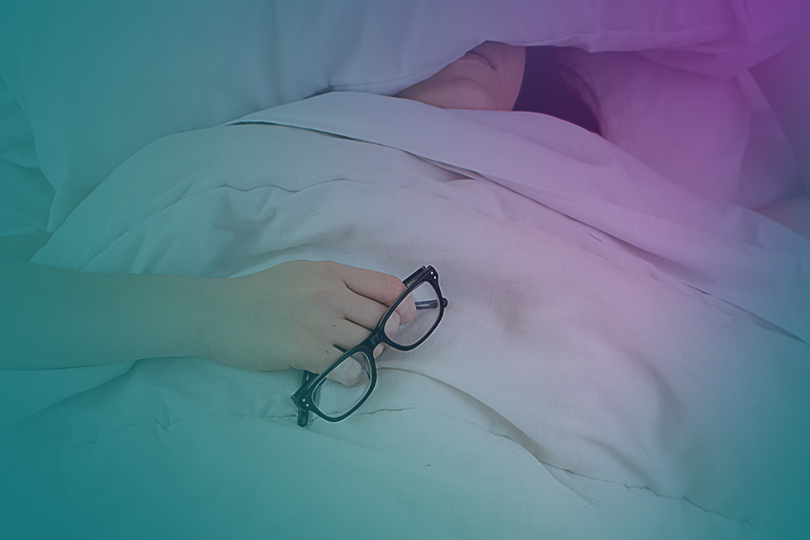
Take care of your body and your mind, and connect with others for the benefit of your mental health.
Sleep enough. Go to bed and get up at the same time every day. Practice your normal schedule, even if you are staying home.
Regularly participate in physical activity. Regular physical activity and exercise can help reduce anxiety and improve mood. Find an activity that includes movement, such as dance, or exercise apps. Get outside in an area where it is easy to keep your distance from others – as recommended by the United States Centers for Disease Control and Prevention (CDC) and the World Health Organization (WHO) or the government – like a nature trail or backyard.
Eat healthy. Choose a well-balanced diet. Avoid eating junk food and refined sugar. Limit caffeine, as it can exacerbate stress and anxiety.

Take care of your mind
Reduces stress triggers:
Keep your normal routine. Maintaining a regular schedule is important to your mental health. In addition to maintaining a regular routine for bedtime, have consistent schedules for meals, bathing and dressing, work or study hours, and exercise. Also take some time for activities you enjoy. This procedure can make you feel like you have more control.
Limit your exposure to the media. The constant news about the COVID-19 in all types of media may contribute to the fear of this disease. It also limits the use of social media that may expose you to rumors and false information. Limit reading, listening, or watching other news, but find out frequently about national and local recommendations. Look for reliable sources of information, such as (CDC) and (WHO).
Keep busy. A distraction can take you away from the cycle of negative thoughts that fuel anxiety and depression. Enjoy hobbies you can do at home, identify a new project or organize that closet as you promised to do one day. Doing something positive to control anxiety is a healthy coping strategy.

Ask for help when needed
Waiting for mental health problems like anxiety or depression to go away on their own can lead to worsening symptoms. If you are worried, or if you notice that your mental health symptoms are getting worse, ask for help when you need it and be honest about how you feel.












